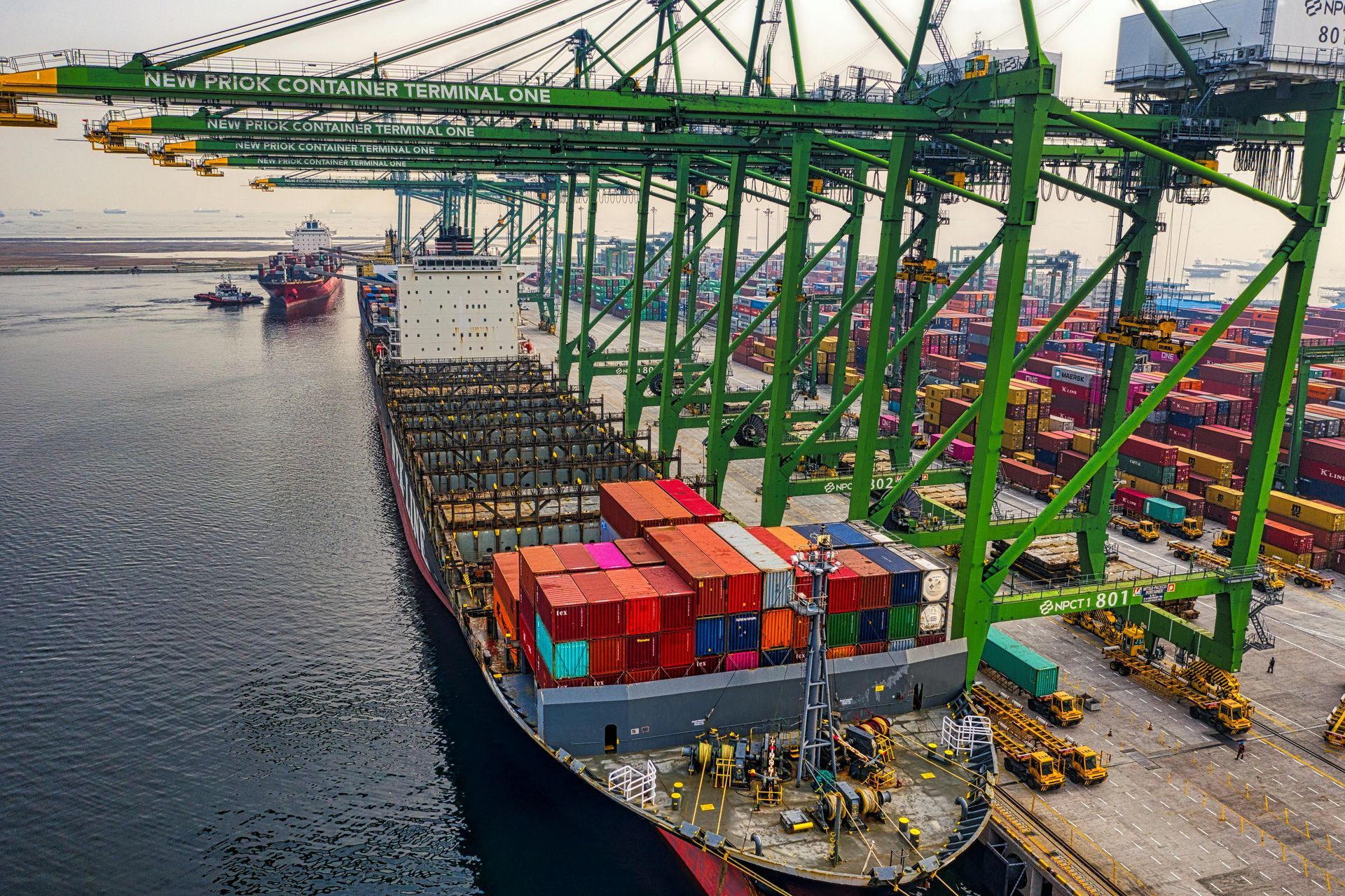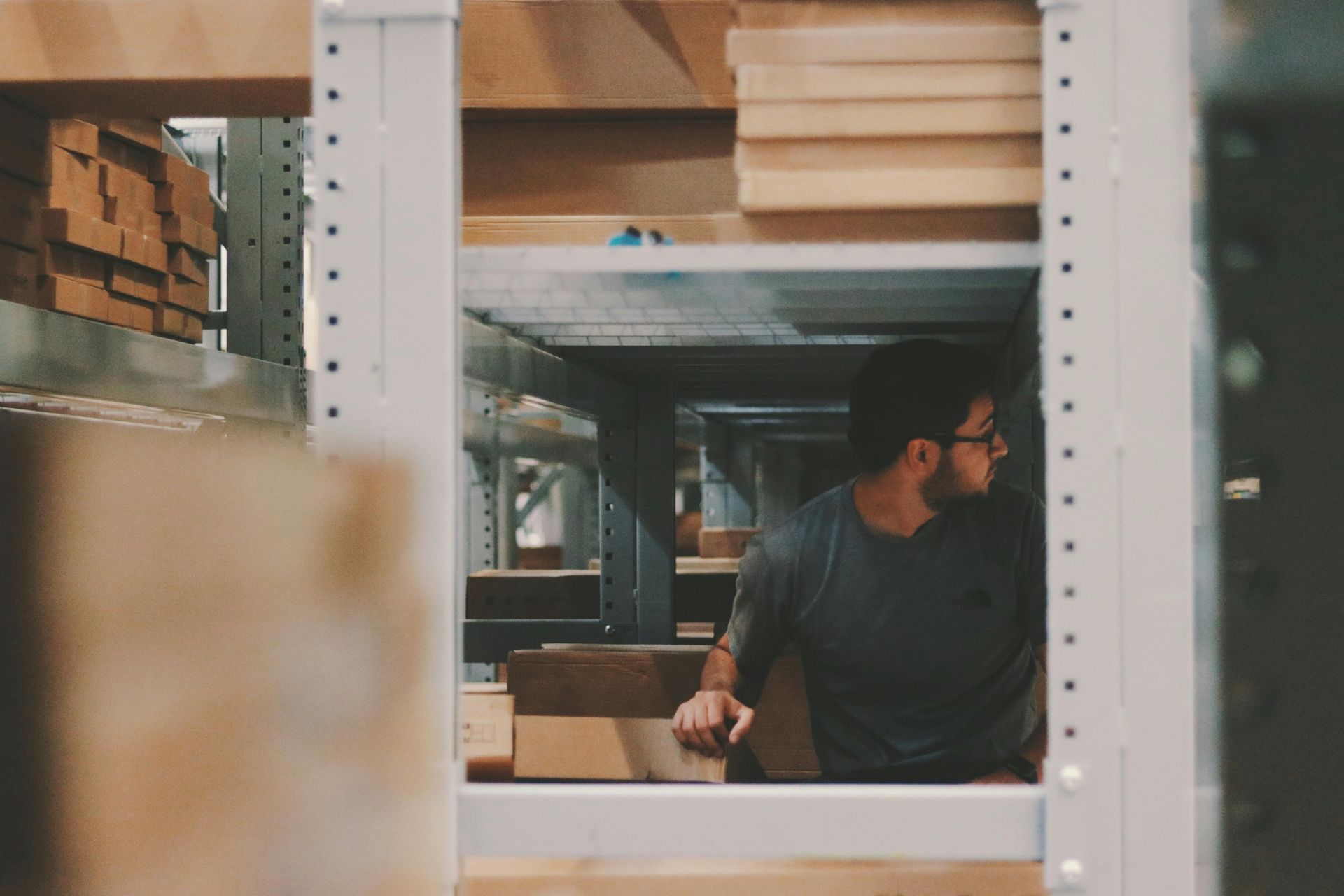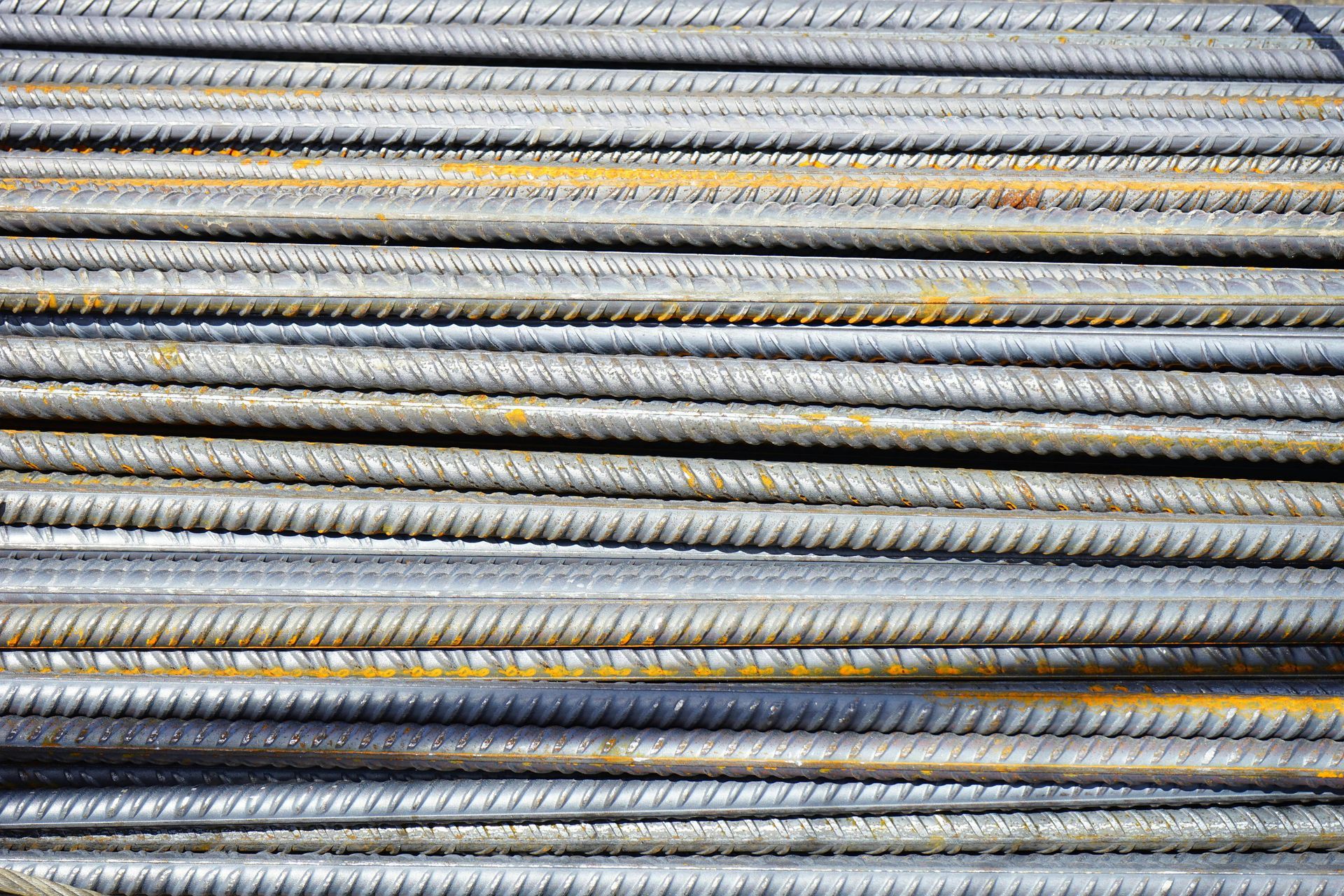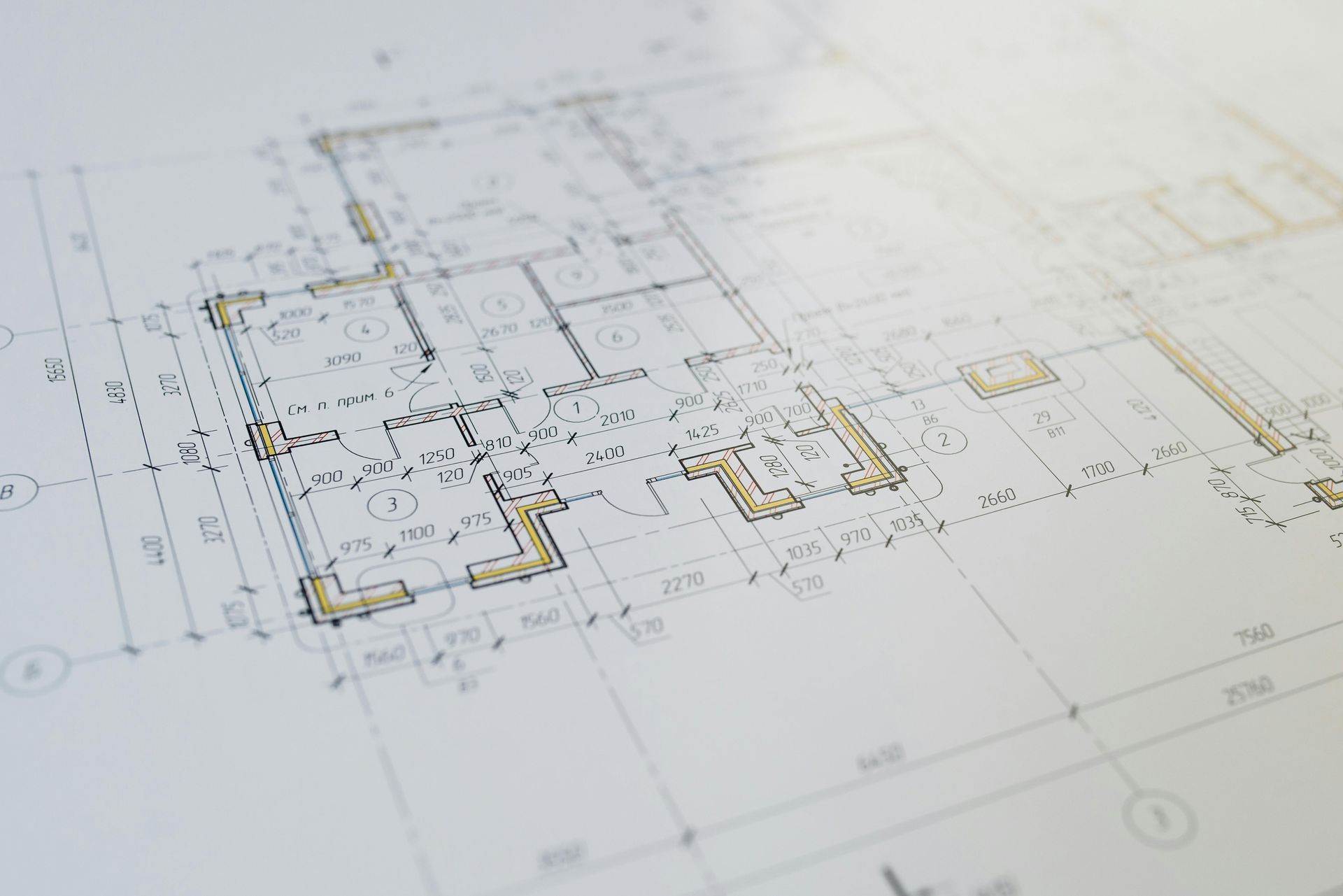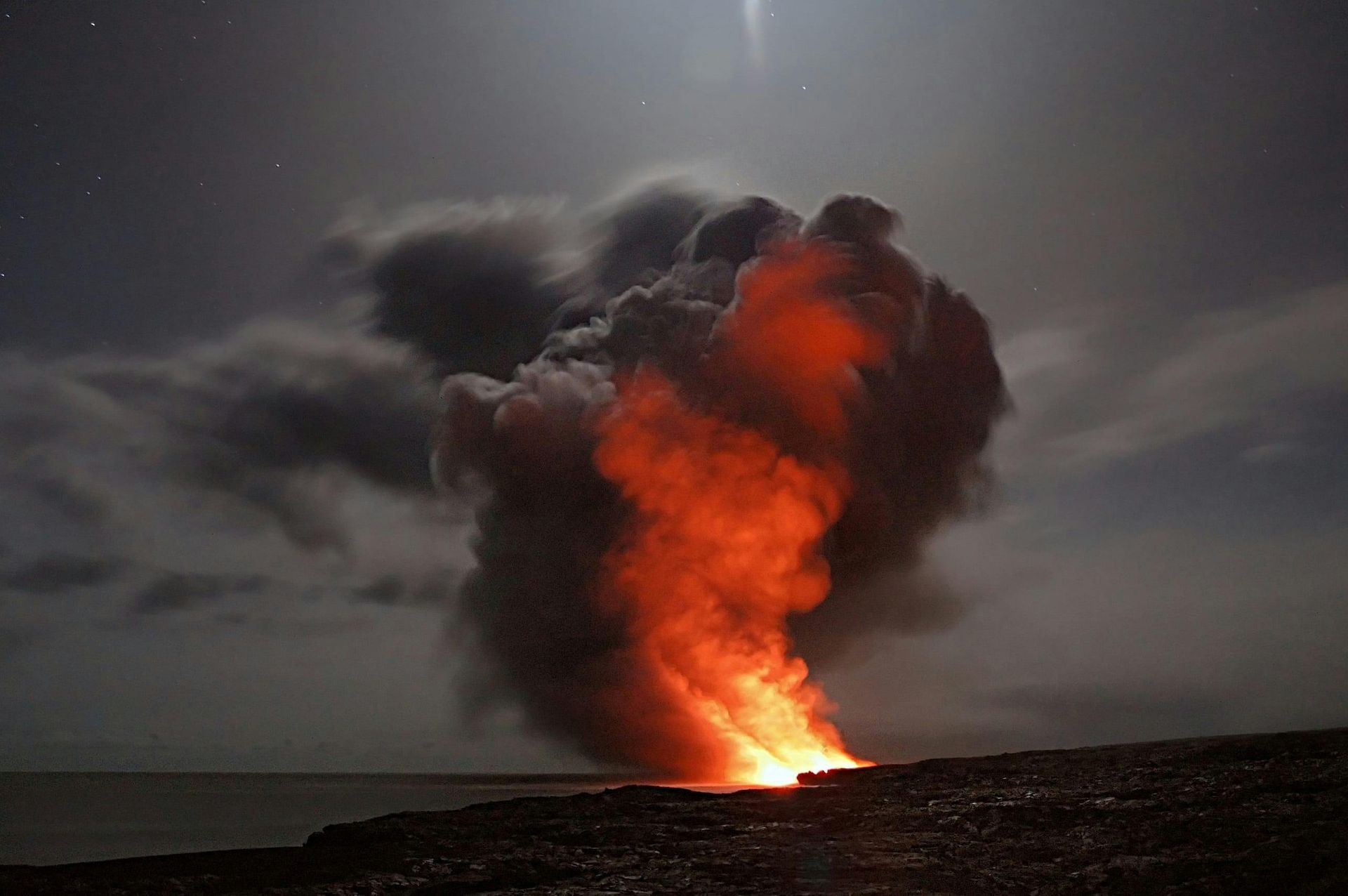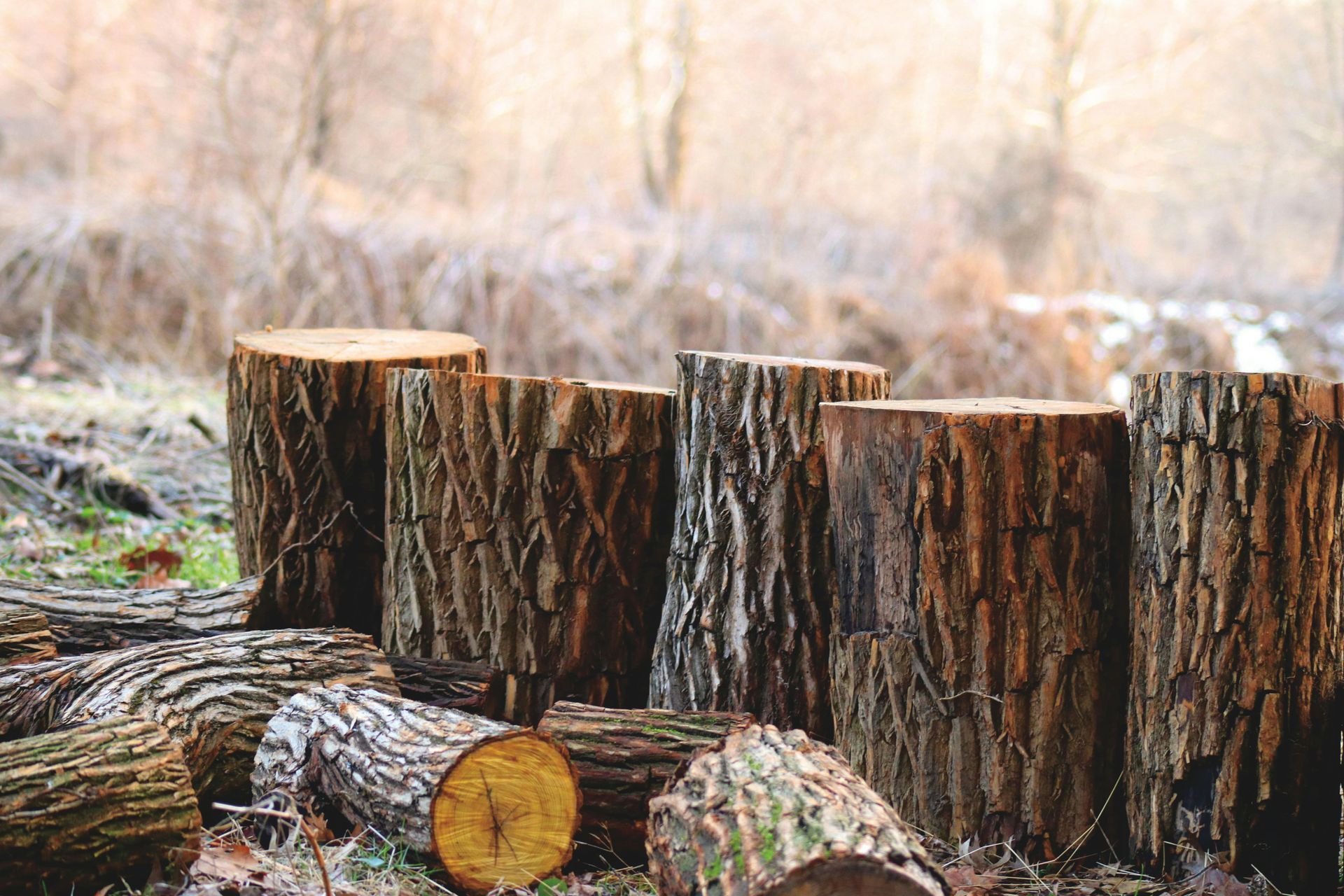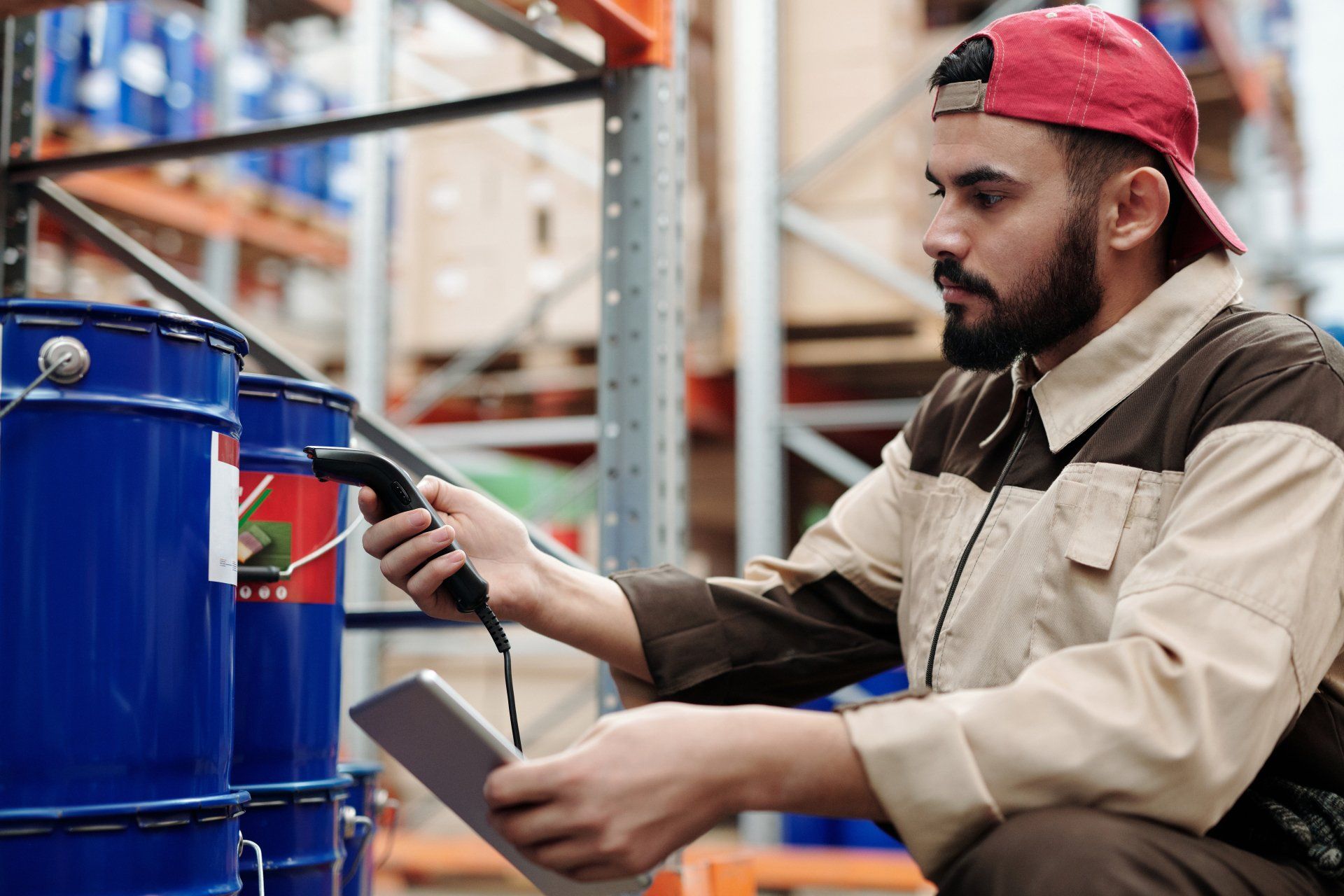Engaging Residents in MDUs: Building a Strong Community Through Connection
Resident engagement is an essential aspect of creating a thriving and connected community within Multiple Dwelling Units (MDUs). When residents feel a sense of belonging and connection to their neighbors, their overall satisfaction with their living environment increases. Developers and property managers can play a significant role in fostering this sense of community by implementing strategies and amenities that encourage interaction and social involvement.
In this blog post, we will explore key strategies for engaging residents in MDUs, from building community amenities to organizing events and using technology to keep residents connected. By prioritizing resident engagement, developers can create MDUs that are not only places to live but places to belong.
Creating Shared Spaces for Social Interaction
One of the most effective ways to foster resident engagement is to create shared spaces where people can come together and connect. These common areas provide opportunities for spontaneous social interactions, allowing residents to get to know one another and build lasting relationships.
- Community Rooms: Community rooms are versatile spaces that can be used for a wide range of activities, from social gatherings and parties to meetings and workshops. Providing comfortable seating, a kitchenette, and audiovisual equipment can make community rooms more appealing and encourage residents to use the space for events and activities.
- Outdoor Gathering Areas: Outdoor amenities such as patios, courtyards, and rooftop decks offer great opportunities for residents to relax and interact. Including features like fire pits, seating areas, and grilling stations can encourage residents to spend time outdoors and foster a sense of community. Designing these spaces to be accessible and comfortable for all residents is key to creating an inclusive environment.
- Game Rooms and Fitness Centers: Game rooms and fitness centers can also be effective spaces for bringing residents together. Including a variety of games, such as pool, foosball, or video games, can create opportunities for friendly competition and socialization. Fitness classes, such as yoga or group workouts, can encourage residents to engage with each other while pursuing their wellness goals.
Organizing Events and Activities
Organizing events and activities is an excellent way to bring residents together and foster a sense of belonging. Whether they are casual get-togethers or larger community celebrations, events provide an opportunity for residents to interact and form meaningful connections.
- Seasonal Celebrations: Hosting seasonal celebrations, such as holiday parties, barbecues, or outdoor movie nights, can help residents feel more connected to the community. These events can be held in common areas, such as the courtyard or rooftop deck, and can include food, music, and activities that encourage participation.
- Workshops and Classes: Offering workshops and classes, such as cooking lessons, craft nights, or wellness seminars, can provide residents with an opportunity to learn something new while meeting their neighbors. Bringing in local experts to lead the sessions can add value to the events and create a stronger connection between the MDU community and the broader neighborhood.
- Pet-Friendly Events: For MDUs that are pet-friendly, organizing pet-related events, such as pet meet-and-greets or dog training sessions, can help residents bond over their shared love of animals. These events not only help pets socialize but also provide an opportunity for their owners to get to know each other.
Encouraging Resident-Led Initiatives
Encouraging residents to take an active role in organizing and leading events or activities can help build a stronger sense of community ownership. Resident-led initiatives can create a more organic and authentic community experience.
- Resident Committees: Forming resident committees, such as social committees or gardening groups, can help empower residents to take charge of specific aspects of community life. These committees can organize events, plan activities, and provide input on improvements to the building, fostering a sense of ownership and involvement.
- Interest Groups: Supporting the creation of interest groups, such as book clubs, fitness groups, or hobby clubs, can help residents connect with others who share similar interests. Providing space for these groups to meet and promoting their activities through community channels can help these groups flourish and strengthen the overall sense of community.
- Community Gardens: For MDUs with outdoor space, creating a community garden can be an engaging project for residents. Gardening together can foster a sense of collaboration and pride, and the produce from the garden can be shared among participants. Raised garden beds that are accessible to all residents, including those with mobility challenges, can make the garden more inclusive.
Leveraging Technology for Connection
Technology can play a key role in keeping residents connected and informed. By leveraging digital tools, property managers can make it easier for residents to communicate, stay informed, and participate in community activities.
- Community Apps: A community app can serve as a central hub for residents, providing information about upcoming events, building announcements, and maintenance requests. Features such as group chats, event calendars, and polls can help residents stay informed and engaged with what's happening in the building.
- Social Media Groups: Creating private social media groups for residents can provide an informal platform for communication. These groups can be used to share information, organize meet-ups, or simply get to know neighbors. Property managers can use social media to promote events and activities, making it easier for residents to stay in the loop.
- Virtual Events: Virtual events, such as online trivia nights or cooking demonstrations, can provide an opportunity for residents to connect even when they are unable to attend in person. Offering a mix of in-person and virtual activities can help ensure that all residents, regardless of their schedules or preferences, have the opportunity to participate.
Providing Amenities That Foster Connection
The right amenities can make a big difference in fostering resident engagement. Amenities that encourage social interaction, collaboration, and shared experiences can help build a stronger sense of community.
- Coworking Spaces: With the rise of remote work, coworking spaces have become a popular amenity in MDUs. Providing a shared workspace with comfortable seating, high-speed internet, and meeting rooms can encourage residents to work alongside one another, fostering connections and creating opportunities for collaboration.
- Coffee Bars and Lounges: A coffee bar or lounge area can serve as an informal gathering spot where residents can relax and chat. Providing complimentary coffee or tea and comfortable seating can make these spaces more inviting and encourage spontaneous social interactions.
- Children's Play Areas: For MDUs that cater to families, including a children's play area can help parents connect with each other while their children play. Play areas can be located indoors or outdoors and should be designed with safety and inclusivity in mind, ensuring that all children can enjoy the space.
Recognizing and Celebrating Residents
Recognizing and celebrating residents' achievements or contributions can help build a sense of pride and belonging within the community. Celebrations and acknowledgments can make residents feel valued and connected to the community.
- Resident Spotlights: Featuring resident spotlights in community newsletters, apps, or social media can help residents get to know each other and celebrate the diverse backgrounds and talents within the community. Spotlighting residents' achievements, hobbies, or community involvement can help foster a culture of appreciation and connection.
- Celebrating Milestones: Celebrating milestones, such as move-in anniversaries, birthdays, or personal achievements, can help residents feel appreciated. Simple gestures, such as sending a card or organizing a small gathering, can go a long way in making residents feel valued and connected.
- Community Contributions: Recognizing residents who contribute to the community, such as organizing events or helping maintain common areas, can encourage others to get involved. Public acknowledgment of these contributions can help foster a sense of pride and motivate more residents to participate in community activities.
Building a Connected Community in MDUs
Engaging residents in MDUs is essential for creating a vibrant and connected community. By providing shared spaces, organizing events, encouraging resident-led initiatives, leveraging technology, and offering amenities that foster social interaction, developers and property managers can create MDUs that are more than just places to live—they are places to belong.
A strong sense of community not only enhances residents' quality of life but also adds value to the property, making it more attractive to potential tenants. As urban living continues to evolve, fostering resident engagement will be a key factor in creating MDUs that provide a fulfilling and enjoyable living experience.
By prioritizing resident engagement, developers can create MDUs that bring people together, foster meaningful connections, and create a place that residents are proud to call home.
